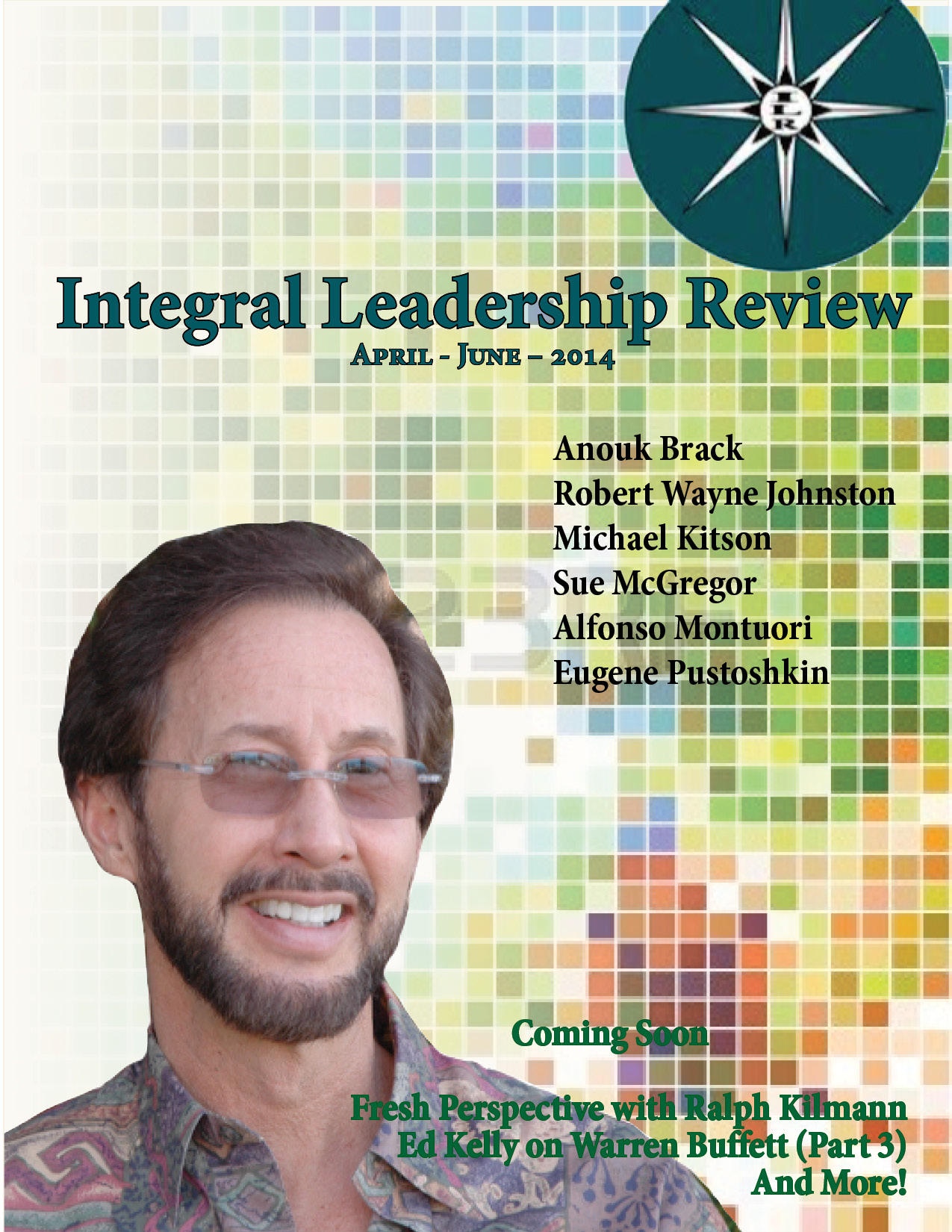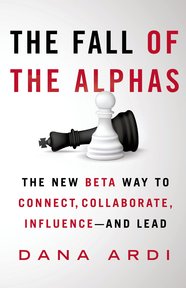Alfonso Montuori
In August of 2013 I had the pleasure of attending the Integral Theory conference in the Bay Area. I was delighted to see the spirit of openness, inquiry, curiosity, as well as the warmth and collegiality of the event. I confess that I am generally not much of a conference goer. As we all know, academic conferences can be deadly dull and are often rather closed to diverse perspectives. The focus can be hyper-specialized …


 Ardi, Dana. The Fall of the Alphas: The New Beta way to Connect, Collaborate, Influence – and Lead. NY: St. Martin’s Press, 2013
Ardi, Dana. The Fall of the Alphas: The New Beta way to Connect, Collaborate, Influence – and Lead. NY: St. Martin’s Press, 2013